

What Everyone In The Startup World Can Learn From Chennai Super Kings’ Unprecedented Success?
4 lessons that CSK's journey teaches to founders, mentors, investors and all key stakeholders.
A few teams are habitual of clinching victories. Then there are teams that establish dominance over their opponents by their aggressive attitude.
And then comes CSK which enjoys sheer dominance, profound authority, and unprecedented success across T20 franchise cricket.
- 3 times IPL Winners (2010, 2011 & 2018)
- 5 times finalists
- 61.28% win percentage in IPL
- 2 times Champions League T20 Winners (2010 & 2014)
CSK is beyond just a cricket team — it’s a brand. Over the years, several factors have contributed to CSK’s success — MS Dhoni’s presence and magical leadership ability topping the charts.
However, when we detail down and study CSK’s journey in-depth, 4 other key factors capture our attention — that have helped this franchise build a brand value of $75 million.
Can this be an exciting case study for the startup world?
Yes. Definitely.
Apart from cricketers, Brand CSK comprises owners, investors, sponsors, administrators, coaches and support staff, cricketers’ families, loyal fan base, social media followers etc.

Likewise, in the startup world, there are founders, mentors, investors, employees, and other key stakeholders who team up to contribute to a startup’s success.
If those 4 factors can bring unmatchable success and create a massive brand value for CSK, they can bring the same level of success and valuation for a startup also.
Here’s what everyone in the startup world should learn from the exciting case study of CSK’s success story:
- Tremendous coordination between the leaders and management
- Family-like culture in the team
- Continuous backing from the top management
- Unconditional support (NOT interference) from the administrators
Let’s understand each of these factors in detail:
Tremendous coordination between the leaders and management
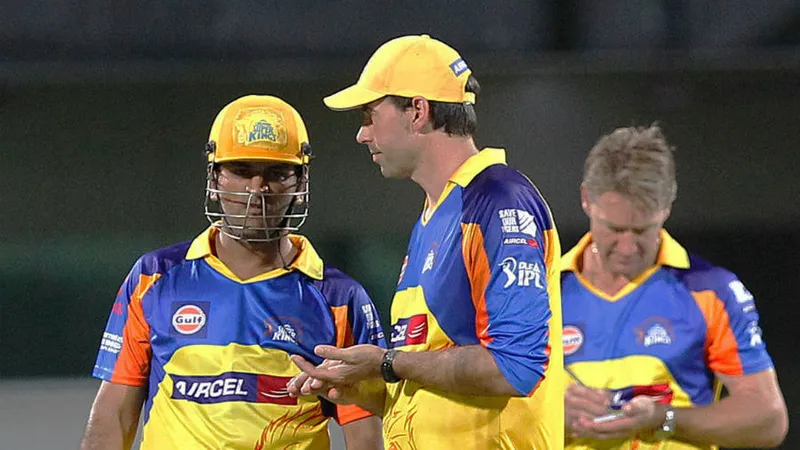
Credits: Google Images
Stephen Fleming played 10 matches for CSK in the inaugural season, after which the franchise appointed him as the Head Coach from 2009 onwards.
He and MS Dhoni enjoy a close, healthy relationship where the coach doesn’t interfere in the captain’s on-ground decisions, while the captain follows the coach’s instructions closely during the practice sessions and team meetings.
Even Michael Hussey and Lakshmipathy Balaji, the current batting coach and bowling coach respectively, have played for CSK in the past and are friends with the captain and every player in the camp.
What can startup owners and mentors learn?

A mentor is pivotal for an organisation’s success and growth since he brings specialised knowledge, a sound professional network, and vast experience to the table that can help a founder immensely. But for that to happen, the founder should enjoy a close relationship with the mentor. They both should trust, believe, and respect each other and not interfere unnecessarily into each other’s domain.
Not just the mentor, a startup founder and his team should have a comfortable and no-hesitation relationship with everyone on the advisory board.
Family-like culture in the team
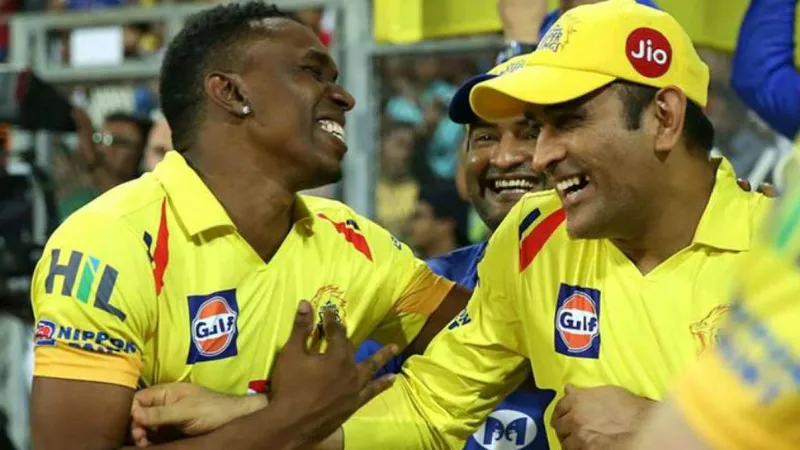
Credits: Google Images
“You are welcomed here like an extended family. I have played with a lot of teams, but I don’t think we will get another team or another environment like Chennai Super Kings,” Dwayne Bravo once said.
CSK has built an amazing culture and ‘family’ atmosphere on and off the field over the years. Every player celebrates other players’ performance more than his own success.
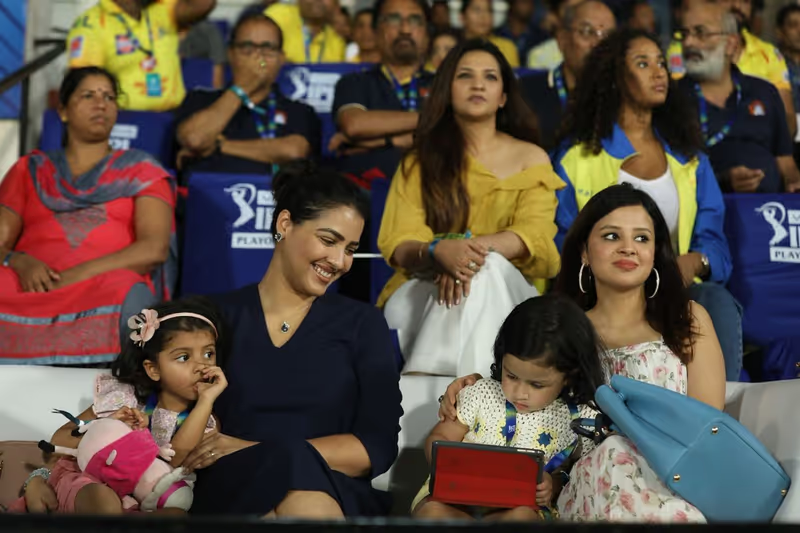
Even off the field, everyone can find the entire squad, their wives and children enjoying each other’s company and celebrating every occasion like a birthday or an anniversary together. The photographs, videos and social media updates give a feel-good factor.
What should startup founders learn?
Leaders and management should strive to create a familiar atmosphere inside the organisation where every member respects and values other team members, shows transparency, and enjoys each other’s company.

When everyone prioritises the team motives instead of thinking about personal goals, a culture is built where challenges are embraced, responsibilities are shared, and difference of opinions or mindsets is happily welcomed.
Continuous backing from the top management
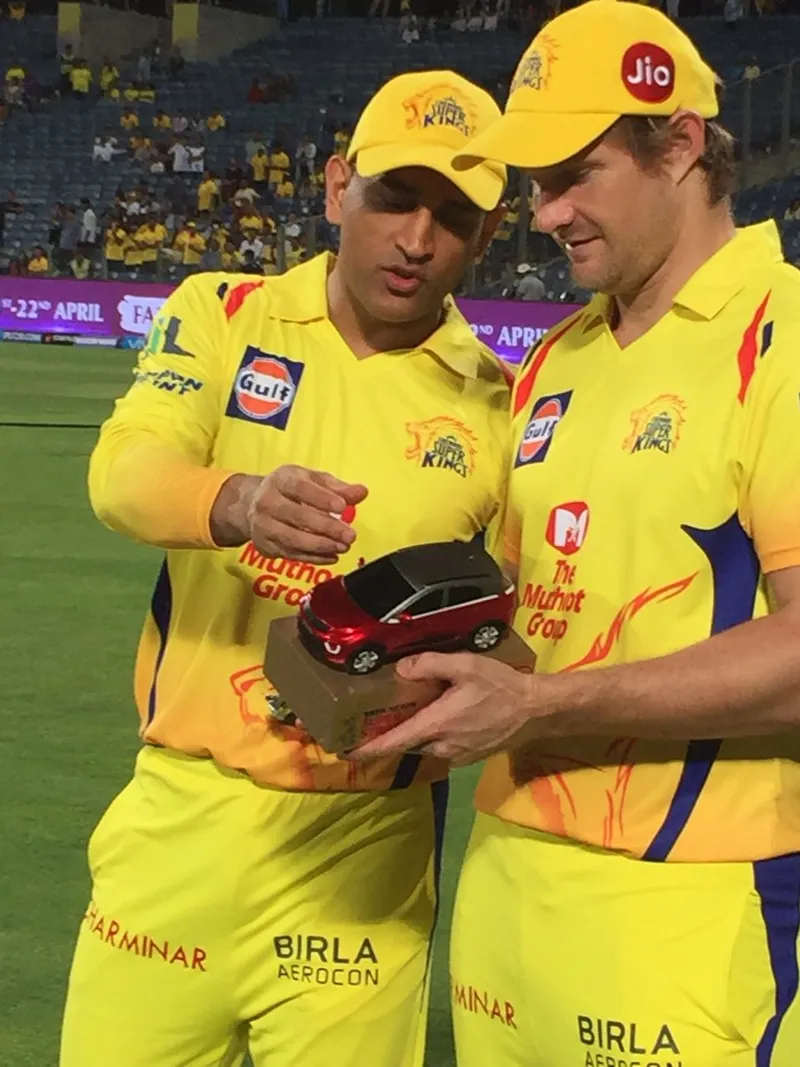
"Most of the teams I've played in, I would have been dropped by now but Stephen Fleming and MS Dhoni showed the trust in me,” Shane Watson said after scoring a match-winning 96 against SRH in IPL 2019.
Watson had scored a meagre 147 runs from 10 matches before this match, yet MS Dhoni and Stephen Fleming backed him because they knew that Watson is a proven match winner who can pull off a victory on his own.
CSK has always been regarded for backing up players and playing almost the same team throughout a season.
What should startup founders learn?
Founders should back their team and give them enough chances to prove themselves and perform well. A founder needs constant support from his team to translate an idea into a sustainable business. ‘Hire Fast, Fire Fast’ is a cliche mantra that actually brings more harm than good.
A founder should build a core team as soon as possible which can handle multiple responsibilities, prove their resilience to weather the difficult times, and consider the founder’s goals as their own.
Unconditional support (NOT interference) from the administrators
One of the primary reasons behind India Cements owned CSK’s huge success has been the vast experience of the administrators in running the local cricket teams before they bought a cricket team in IPL.
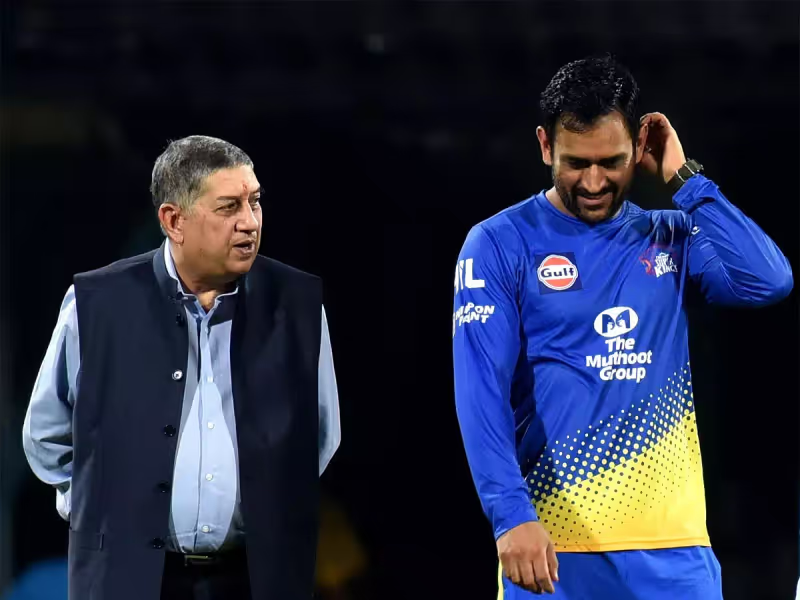
N. Srinivasan, the managing director of India Cements Limited has held some authoritative positions in the past. He has been the former chairman of the International Cricket Council (ICC) and former president of the BCCI. Besides, he had been heading Tamil Nadu Cricket Association (TNCA) since 2002-03.
All in all, the owners of CSK are competent enough to draw a clear line between cricket and business.
The administrators focus on building a sound Brand-CSK value and generating more revenue from business, while having little-to-no interference in team selection or other cricket-related decisions.
Once, N Srinivasan narrated an incident:
“There was one outstanding player that we suggested to MS, but he said: ‘no sir, he will spoil the team’. The cohesion within the team is important and see in America, franchise-based sport has been there for such a long time.”
What can investors learn from this?

When they invest their money in a startup, the investors want to extend every possible help and support to the founders. Because their money is at stake, they want to see every small or big decision aligned to the startup’s success.
However, sometimes, the investors cross the line and start interfering in the operations. They force the startup owners to involve them in every operational decision or key financial transaction, which can cause unnecessary mental stress and fatigue to the founders and the management.
If a team, group, or an organisation wants to grow and create a legacy, the ultimate owners (investors and key stakeholders) should draw a clear line between support and interference.
Wrapping Up
Those who ever linked CSK’s success to luck or destiny failed to appreciate the power of well-defined strategies, perfectly-timed execution, and persistence. CSK was always destined to succeed.
If you want to apply these lessons in your startup, I’ve a plan — don’t apply all of them at once as it can become overwhelming.
Instead, start with one of them and follow it religiously. Consistency is the key if you want to make these factors a part of your working lifestyle.
Be calm like Dhoni.
Be positive like Dhoni.
Be confident like Dhoni.
You’ll succeed in building a super-successful team like CSK for sure.
If you found this article useful, share it with one founder who should read and apply these factors in his startup.






